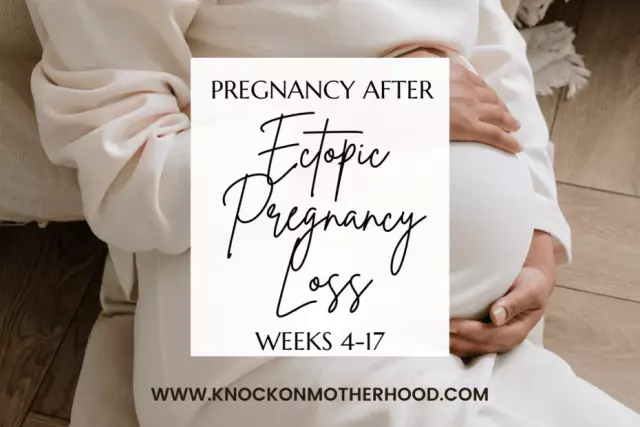- Author Rachel Wainwright wainwright@abchealthonline.com.
- Public 2023-12-15 07:39.
- Last modified 2025-11-02 20:14.
Pregnancy
Pregnancy (lat.graviditas) is a physiological process in a woman's body, in which a fetus capable of extrauterine existence develops from a fertilized egg, and two or more fetuses can form simultaneously.
Types of pregnancy:
- Ectopic (extrauterina; synonyms: ectopic, non-native) - characterized by the development of a fertilized egg outside the uterine cavity;
- Ectopic abdominal (extrauterina abdominalis) - in which the implantation of a fertilized egg occurs on one of the abdominal organs (omentum, intestine);
- Ectopic tube (extrauterina tubaria) - the fertilized egg is fixed in the fallopian tube;
- Ectopic tube ampullar (extrauterina tubaria ampullaris) - a fertilized egg is introduced into the ampullar part of the fallopian tube; interrupted by an internal (into the lumen of the tube) rupture of the fetus with further formation of hematosalpinx or tubal abortion;
- Ectopic tubular interstitial (extrauterina tubaria interstitialis; synonym: ectopic tubular interstitial) - a fertilized egg is implanted into the section of the fallopian tube passing in the wall of the uterus; interrupted by an external rupture of the fruit receptacle;
- Ectopic tubal isthmus (extrauterina tubaria isthmica) - implantation of a fertilized egg is carried out in the isthmus of the fallopian tube; interrupted by an external pipe rupture;
- Ectopic ovarian (extrauterina ovarica) - a fertilized egg is fixed in the ovary;
- Two-fetal (bigeminalis) - in the uterine cavity, the simultaneous development of two fetuses is observed;
- Full-term (matura) - lasting an average of 40 weeks, starting from the first day of the last menstruation, which corresponds to the time required for the birth of a full-term fetus;
- Immunologically incompatible (synonym: immunoconflict) - proceeding with complications in the form of symptoms of the mother's immunological reaction to fetal antigens, for example, with incompatibility of the Rh factor of the mother's and fetal blood;
- Multiple (multifetalis; synonym: multiple) - the simultaneous development of two or more fetuses in the uterus;
- Premature (praematura) - at a period between 28 and 38 weeks ends with the premature birth of a premature viable fetus;
- Normal (synonym: physiological) - characterized by the absence of complications and ends with the birth of a healthy full-term baby;
- Complicated (complicata) - during the course, various complications are noted due to developmental anomalies or extragenital diseases, pathological conditions of the reproductive system, immune reactions, etc.;
- In the rudimentary uterine horn (in cornu rudimentario uteri) - a fertilized ovum develops in one underdeveloped uterine horn, often not communicating with the vagina and uterine cavity; usually ends with rupture of the fruit receptacle;
- Cervical (cervicalis) - implantation and development of a fertilized egg occurs in the cervix or in the isthmus of the uterus.
Found a mistake in the text? Select it and press Ctrl + Enter.






